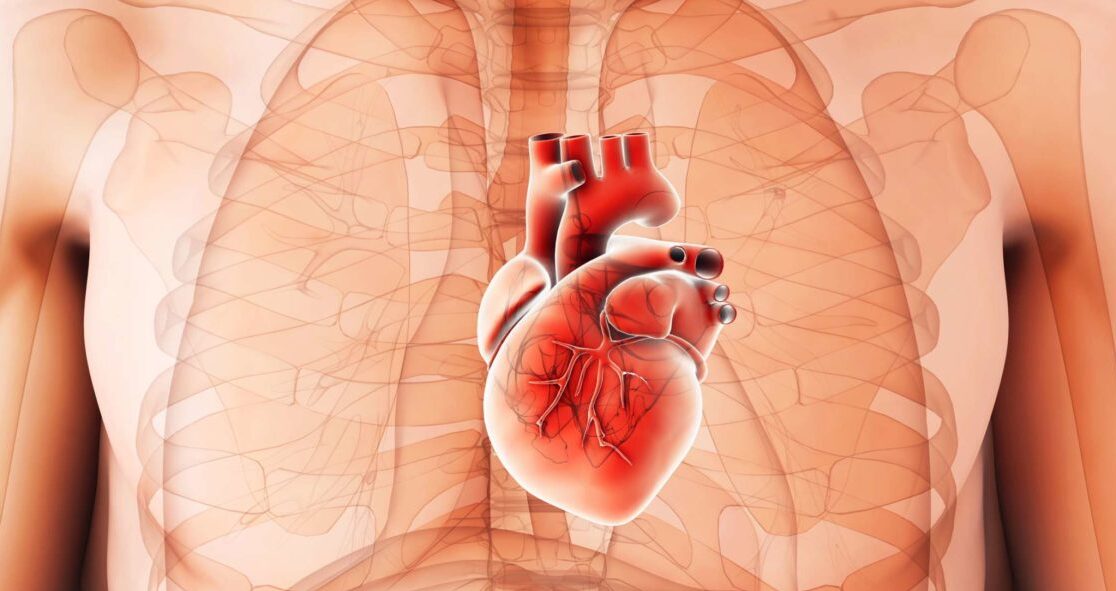Scientists at the University of Notre Dame, Indiana, have discovered a new type of cell in the heart that may help regulate heart rate, according to Science Daily.
This discovery could play a key role in understanding certain types of congenital heart defects and other heart diseases.
Resembling critical glial cells called astrocytes in the brain, the cells in the heart are termed nexus glia, according to researcher Cody Smith.
The researchers, who published their findings in PLOS Biology, explained that when the newly identified cells were removed, the heart rate increased. They also found that when the cells were deprived of a key gene that drives their glial development, the heart beats irregularly.
Smith said, “For me, the definition of great science is something that you discover that opens up even more questions, and this, I think, is the definition of that. It’s a discovery that now we have 100 questions we didn’t even know existed, so we’re following up on them to explore this path that has never been studied before.”
The cardiac nexus glial cells have been found in the outflow tract of the heart – the place where most congenital heart defects are found. However, there is not a definitive connection between the discovery of the cells and congenital heart defects.
The researchers first discovered the cells in zebrafish hearts, and then later confirmed their existence in mouse and human hearts.
The study’s first author Nina Kikel-Coury said she searched for astrocyte-like glial cells in the heart, as these types of cells are in multiple organs, including the pancreas, spleen, lungs, and intestines. However, the function of glial cells is not always clear.
Kikel-Coury said, “I thought that if we could find a new cellular piece to the cardiovascular puzzle, it could be foundational for future work.”
Smith said, “We don’t completely know the function of these cells, but the concept that if you get rid of them, heart rates increase, could link it to certain disease cases. I think these glial cells could play a pretty important role in regulating the heart.”
“This is another example of how studying basic neurobiology can lead to the understanding of many different disorders,” he added. “I’m excited about the future.”























